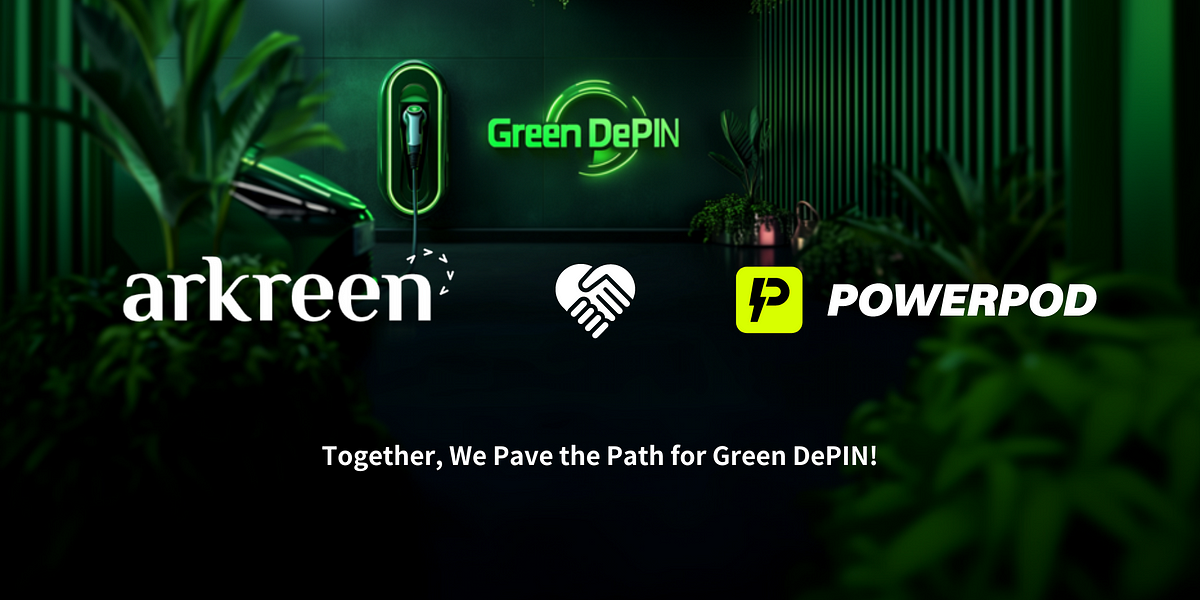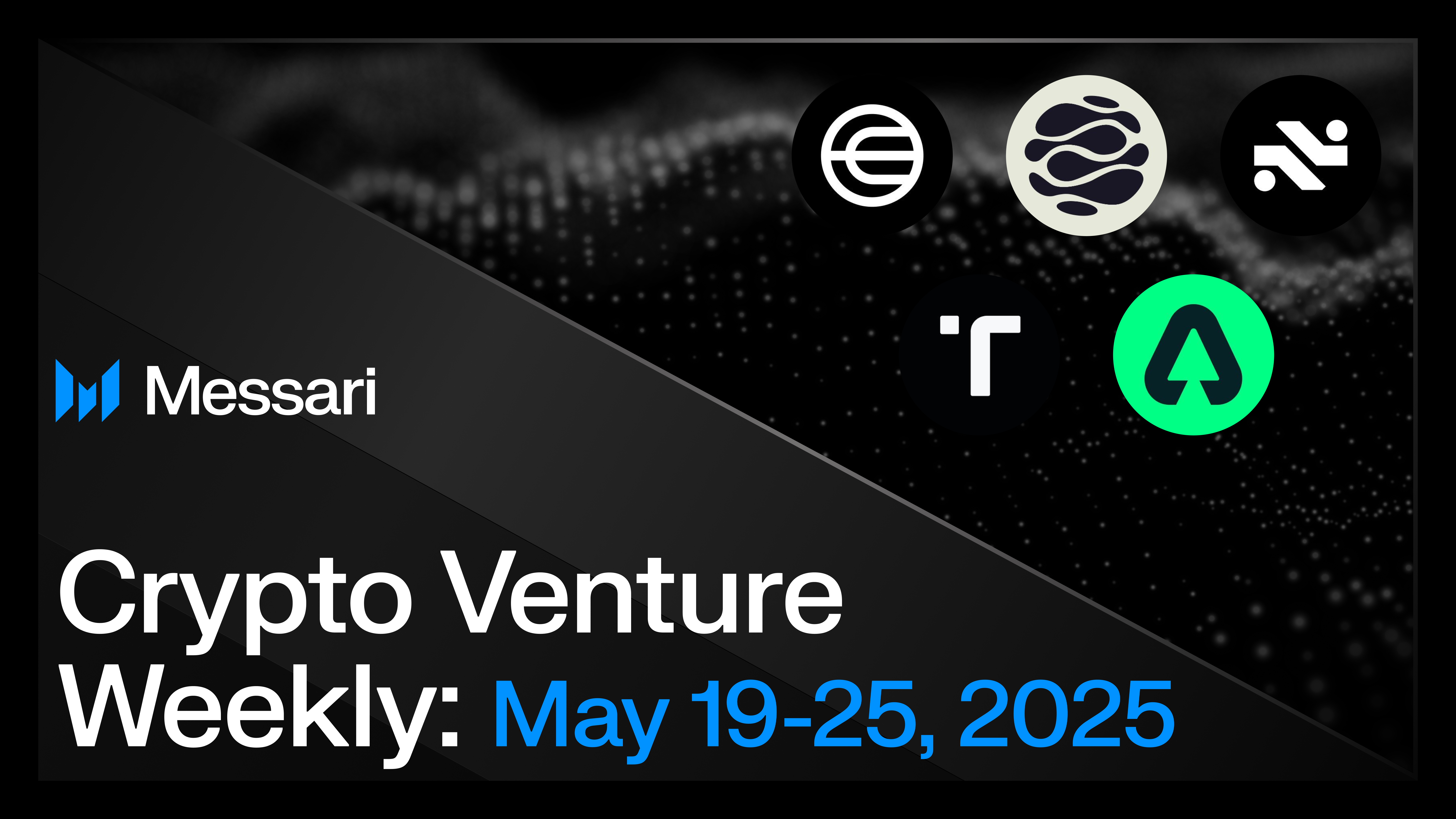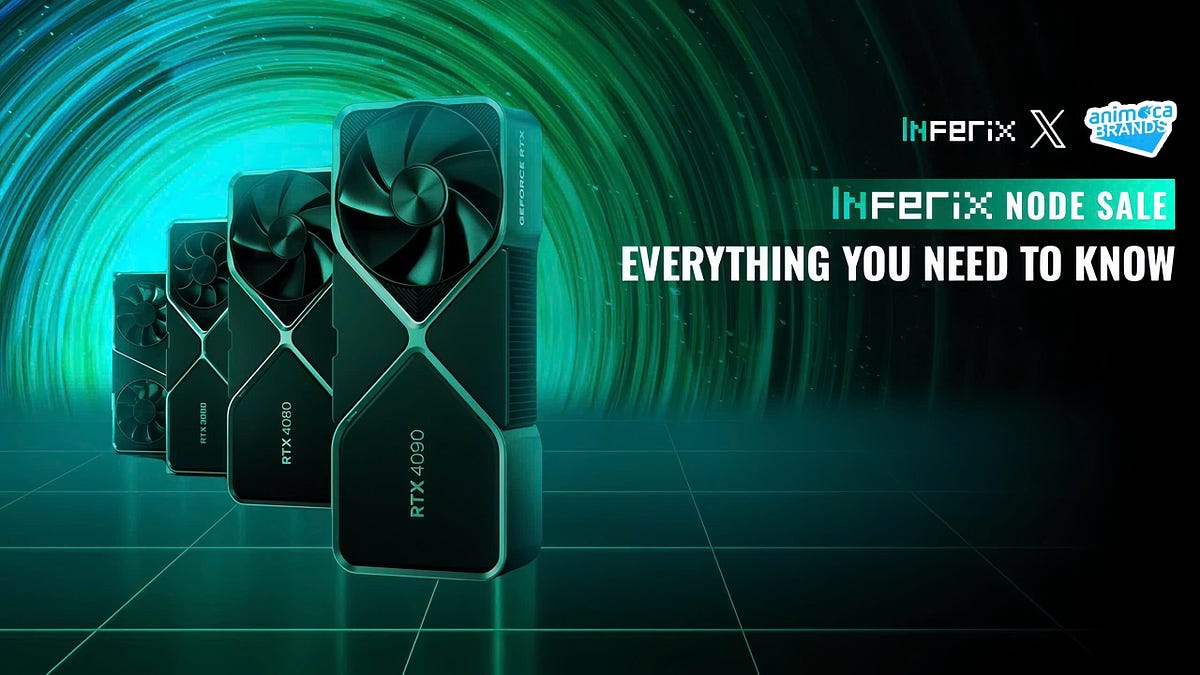PowerPod and Arkreen Partner for Green DePIN Initiative in Electric Motorcycle Market

As the world accelerates towards sustainable energy solutions, PowerPod has announced a new partnership with Arkreen for the Green DePIN Initiative. This collaboration aims to introduce an on-chain carbon offset system specifically for the green charging of two-wheel electric motorcycles. This initiative is strategically designed to tap into the rapidly expanding two-wheel market in Asia, which is experiencing unprecedented growth with over 200 million electric motorcycles already on the road and a projected annual growth rate of 7%. The partnership between PowerPod and Arkreen is set to demonstrate a real-world application of Green DePIN (Decentralized Physical Infrastructure Network), enhancing the sustainability of electric motorcycle usage while ensuring transparency and accountability in energy consumption.
PowerPod and Arkreen are leading the charge towards carbon neutrality in the electric motorcycle market by utilizing tokenized Renewable Energy Certificates (RECs) for on-chain offsets. These tokenized RECs, referred to as ART tokens, represent Arkreen Renewable Energy Certificates (ARECs) and are issued on-chain, supported by verified renewable energy data from rooftop solar panels within the Arkreen Network. This innovative approach offsets brown energy consumption with renewable energy credits, ensuring a truly sustainable charging process for electric motorcycles. By integrating Arkreen’s on-chain carbon offset solution into PowerPod’s charging network, the partnership aims to deliver REAL users, REAL income, and REAL rewards, all backed by real-time on-chain carbon offsets.
As PowerPod and Arkreen embark on this transformative journey, they are not only advancing the future of efficient electric mobility but also leading a sustainable energy revolution across Asia. Their collaboration is poised to deliver tangible benefits to the entire electric vehicle ecosystem, pushing the boundaries of sustainable transportation and decentralized energy networks. With their innovative on-chain offset approach and PowerPod’s decentralized charging market presence, this partnership is set to drive the future of electric mobility while promoting sustainability in transportation.
Related News





